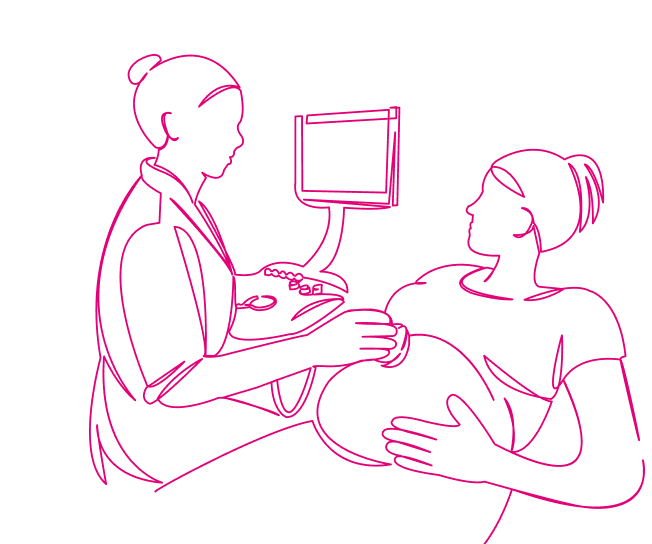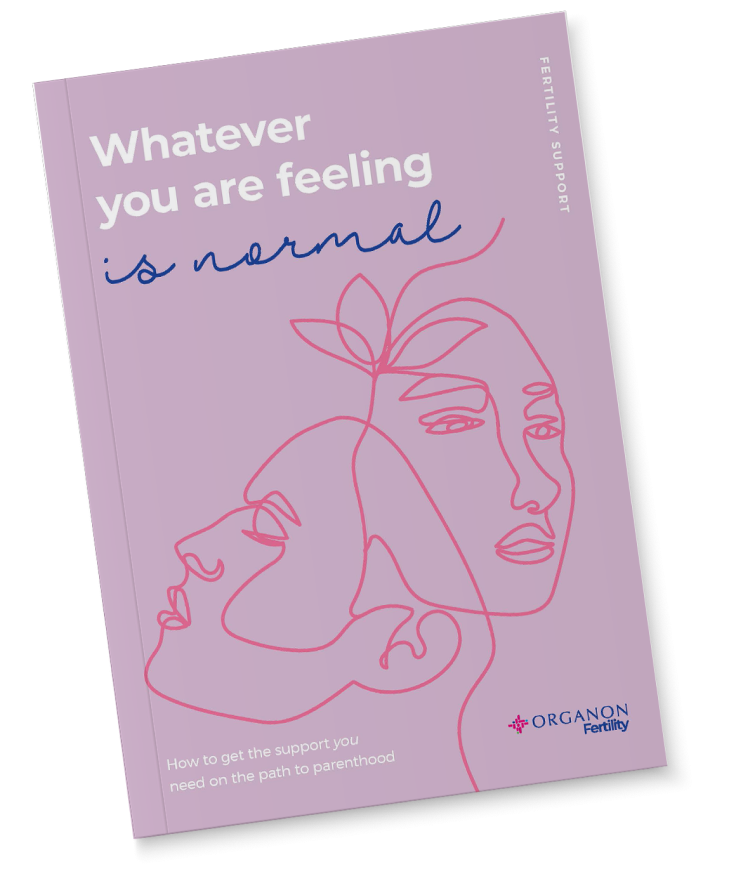Based on how you are feeling, you may want to try these tips:

Frustration, anger
Seek answers
If your treatment isn’t going as you imagined, speak to your fertility specialist – they may have other options.

Frustration, anger
Seek answers
If your treatment isn’t going as you imagined, speak to your fertility specialist – they may have other options.
Embarrassment
Think of ways to not let treatment take over your life
We fully appreciate that fertility treatment is an investment (in all ways: emotionally, physically and financially), so you will dedicate yourself to this commitment. However, we can’t stress enough the importance of not letting it consume your whole life … because it easily can! Where you can, make time for your friends and for activities you enjoy.


Despair
Consider speaking to someone you trust
Seek comfort in your people. They may provide just the support you are looking for. Or it could be the right time to speak with a health care professional.
Drained, anxious
Explore relaxation techniques
Try adding yoga and breathing exercises to your routine. These activities are proven to help reduce anxiety and stress.3


What are some proactive steps you can take to support your fertility journey?
Learn more- Edwards T (host). The emotional impact of infertility and how to heal[ audio podcast episode ]. July 2020. In: Time to talk fertility. Fertility Centers of Illinois. Available at: https://podcasts.apple.com/us/podcast/the-emotional-impact-of-infertility-and-how-toheal/id1509590457?i=1000486531663. Accessed January 2024.
- Centre of Perinatal Excellence. When becoming pregnant isn’t easy. Available at: https://www.cope.org.au/planning-a-family/happening. Accessed January 2024.
- Simionescu G, et al. Exp Ther Med 2021; 21(4): 306.
- Uhler M (host). 20 fertility myths: true or false[ audio podcast episode ]. September 2020. Doctor Podcasting. Available at: https://radiomd.com/audio-player/fcionlineg/item/42997-20-fertility-myths-true-or-false. Accessed October 2022.
- Harrison C, et al. Hum Reprod 2022; 37(3): 488–98.
- Newman JE, et al. Assisted reproductive technology in Australia and New Zealand 2020. Sydney: National Perinatal Epidemiology and Statistics Unit, UNSW Sydney. Available at: https://npesu.unsw.edu.au/surveillance/assisted-reproductive-technology-australia-and-new-zealand-2020. Accessed July 2023.
- Rodgers A (host). How to boost your fertility naturally[ audio podcast episode ]. June 2020. Doctor Podcasting. Available at: https://radiomd.com/audio-player/fcionlineg/item/41891-how-to-boost-your-fertility-naturally. Accessed October 2022.
- Your Fertility. Thinking about having a baby? Available at: https://www.yourfertility.org.au/sites/default/files/2019-03/Thinking_about_having_a_baby_resource.pdf. Accessed October 2022.
- Healthline. How does sperm morphology affect fertility? Reviewed August 2017. Available at: https://www.healthline.com/health/sperm-morphology. Accessed October 2022.
- The Fertility Society of Australia, Pre-Conception Health Special Interest Group. The effects of environmental chemicals on fertility and fecundity. April 2021. Available at: https://www.yourfertility.org.au/sites/default/files/2021-04/FSA%20The%20effects%20of%20environmental%20chemicals%20on%20fertility%20and%20fecundity%20April%202021.pdf. Accessed March 2023.
- Quit. Smoking and fertility. Available at: https://www.quit. org.au/articles/smoking-and-fertility. Accessed October 2022.
- Zhang LJ, et al. BC Med J 2020; 62(9): 323–27.
- Ricci E, et al. Reprod Biomed Online 2017; 34(1): 38–47.
- American College of Obstetricians and Gynecologists. Tobacco, alcohol, drugs, and pregnancy. Reviewed June 2020. Available at: https://www.acog.org/womens-health/faqs/tobacco-alcohol-drugs-and-pregnancy. Accessed November 2021.


